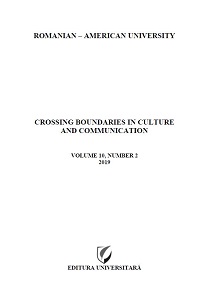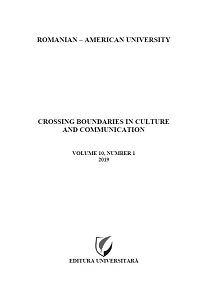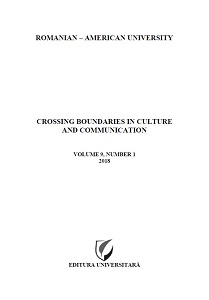
The acquisition of English phrasal verbs A teaching perspective
To help students learn the intricate field of phrasal verbs, we, as teachers, should rely on the cognitivist view according to which the meaning of the phrasal verbs is given by the idiomatic, metaphorical meaning of the particles. By teaching the meanings associated with frequently used particles as George Yule suggests, we will offer students a better understanding of decoding various particles and thus, of uncovering “the mystique which surrounds multi – word verbs for many learners”. Futhermore, teachers should focus on enhancing students’ collocative competence by providing them practice based on “word forks”, namely schemata that give all the objects which match a phrasal verb. “Word forks” appeal to the long-term associative memory of the learners, making phrasal verbs part of our active vocabulary. Thirdly, teachers should facilitate the acquisition of phrasal verbs in the classroom by providing texts with a high frequency of phrasal verbs in them (Thornbury). Students need to be encouraged to discover the meaning of the phrasal verbs relying on the context (guided discovery) and if these positive routines are kept for a long – time basis, the reception of such target structure is going to be enhanced. On the other hand, for more advanced students, we stress the importance of learning grammar as a receptive skill and devising exercises and activities which are meant to teach the syntactic properties of the phrasal verbs in an explicit manner, explicit instruction which containds both positive and negative evidence. In later stages of teaching phrasal verbs, encouraging free production of phrasal verbs in daily, authentic, spoken and written tasks, will boost students’ creativity and integrate the “intricate” phrasal verbs in their active vocabulary.
More...




